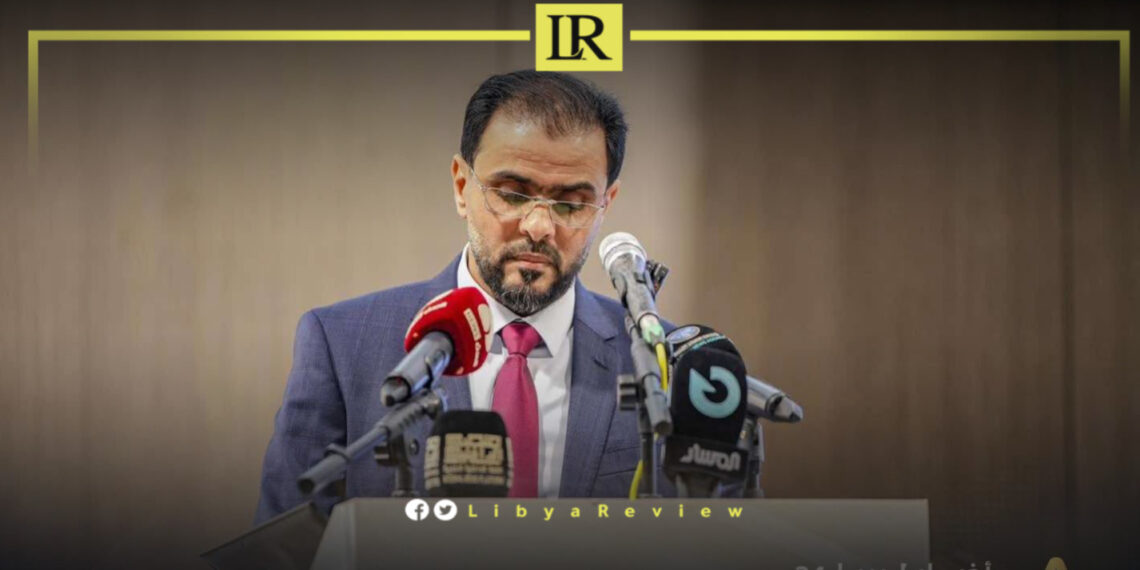On Sunday, Libya’s eastern-based government, led by Prime Minister Osama Hammad, announced its rejection of the jurisdiction of the International Criminal Court (ICC) over crimes committed in Libya from 2011 to 2027.
The rejection came in response to a declaration made by the rival Tripoli-based Government of National Unity (GNU), headed by Prime Minister Abdulhamid Dbaiba, which had accepted the ICC’s mandate under Article 12(3) of the Rome Statute.
In a legal memorandum sent to the ICC and made public on Sunday, Justice Minister Khaled Massoud described the GNU’s declaration as “legally void” and without constitutional legitimacy.
He argued that the GNU is a “defunct” administration that lost its legal authority after a vote of no confidence by the House of Representatives, and therefore lacks the power to engage in international legal commitments affecting national sovereignty.
The Hammad government accused the GNU of violating Libyan sovereignty and attempting to bypass the national judiciary.
The memorandum stressed that any acceptance of ICC jurisdiction must come from a legitimate, constitutionally mandated authority. It warned the Court against proceeding based on what it described as “unilateral and unauthorized steps” taken by a politically contested entity.
Massoud called on the ICC to respect Libya’s internal legal framework and the authority of its legitimate institutions. He added that accepting the GNU’s declaration would undermine the role of the Libyan judicial system and breach the principles of national sovereignty.
The statement directly challenges an announcement made in May by ICC Prosecutor Karim Khan, who told the UN Security Council that Libya had granted jurisdiction to investigate crimes committed over the past decade. He called it a crucial step toward justice and accountability.


